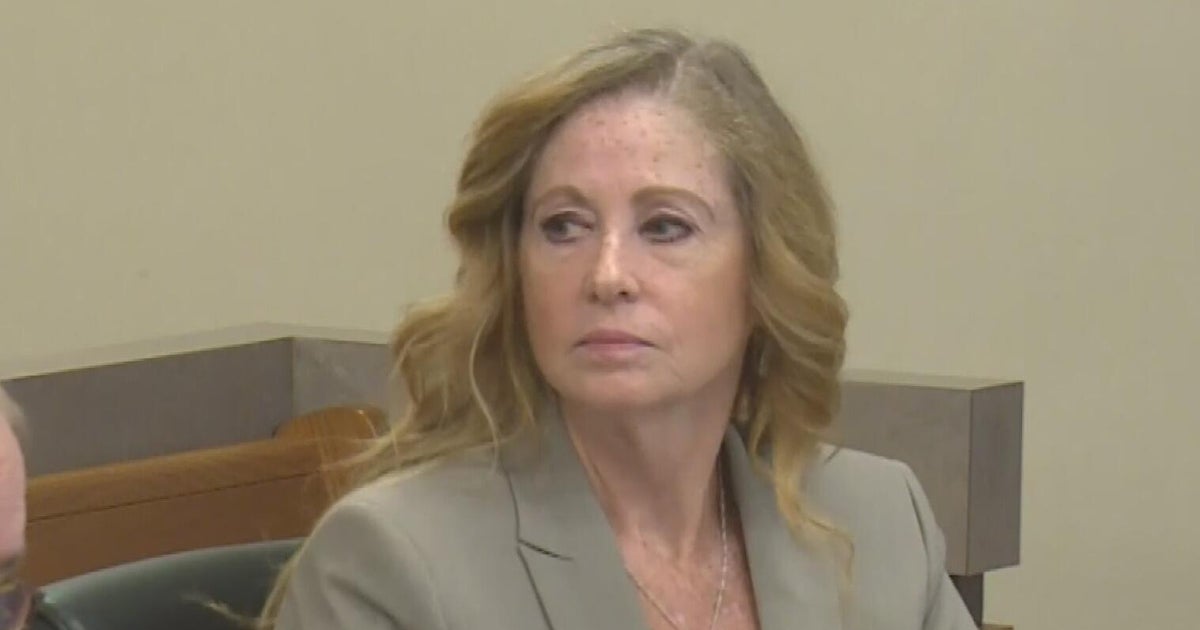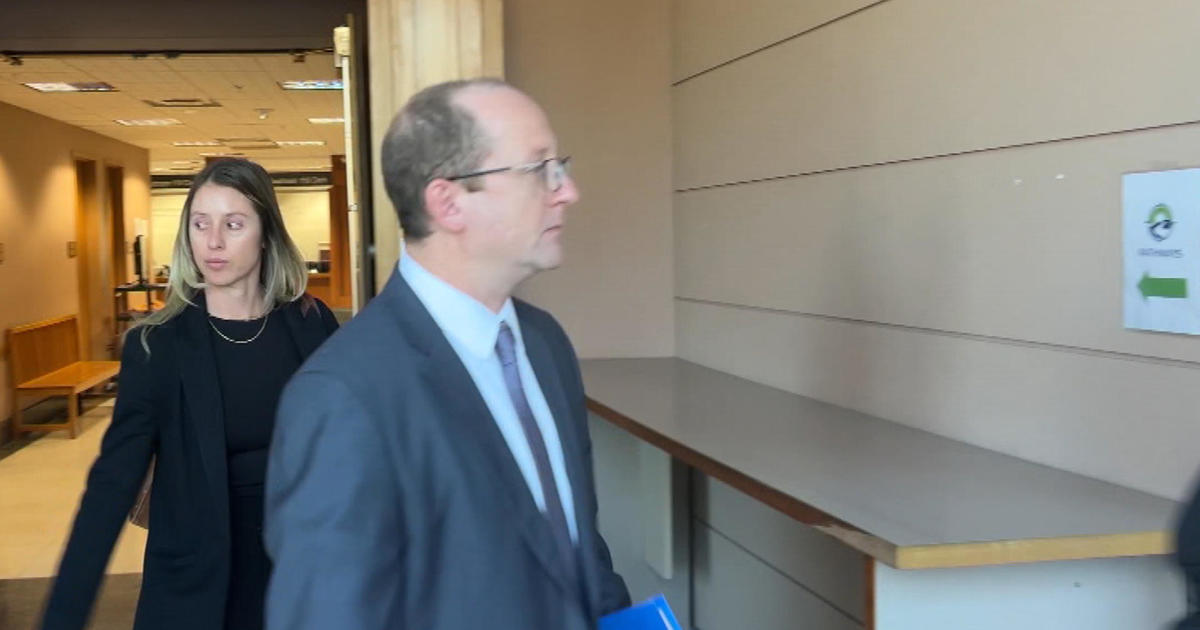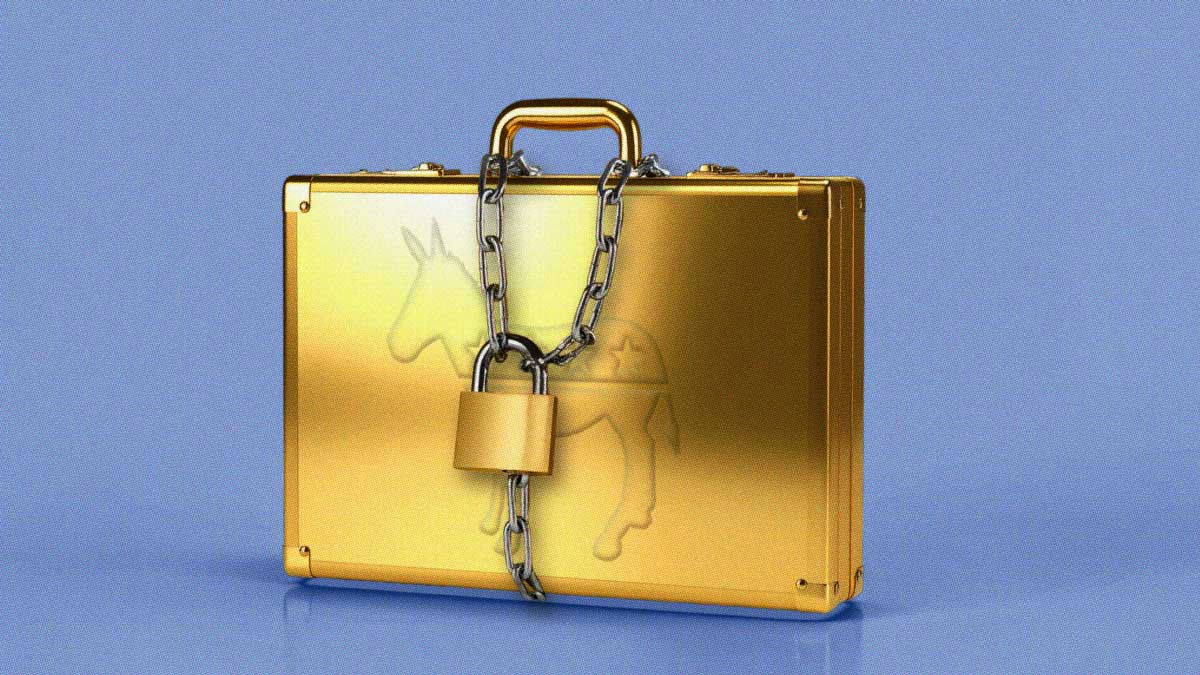Boeing's ousted CEO could get $26.5 million golden parachute
Former Boeing CEO Dennis Muilenburg's 2019 has included a second deadly 737 Max jet crash, several missed safety warnings, brutal Congressional grillings, blown deadlines, an airplane-production halt, and now a multi-million-dollar golden parachute.
Muilenburg, who exited the company on Monday, is in line to receive $26.5 million in cash and stock as part of his exit package from the top job at the aerospace giant, according to the company's most recent proxy filing with the Securities and Exchange Commission. His eventual payout could reach as high as $58.5 million depending on the final terms of his departure and the company's performance during the next three years.
The 55-year-old Muilenburg is entitled to a pension that pays him a little over $807,000 annually, according to the most recent filings. The pension had a cash value of $13.2 million as of the end of last year. He also had 39,506 shares of restricted stock that are currently worth another $13.3 million, according to the documents.
Boeing's board released a statement Monday saying it decided that "a change in leadership was necessary to restore confidence," and that Muilenburg had resigned on Sunday. If the board had decided to fire Muilenburg instead of letting him resign, some or all of that $26.5 million pay package could have disappeared.
Boeing has not filed an official statement with the Securities and Exchange Commission detailing the terms of Muilenburg's departure or his pay package. In a statement to CBS MoneyWatch on Monday, a Boeing spokesman said, "The Board is focused on the transition of roles at the current time, and anticipates providing related compensation information in the future."
Compensation experts said it was unlikely that Boeing would end up characterizing Muilenburg's termination as a firing for cause because that could be seen as an admission by the company that its top executive did something wrong, opening up the company to greater legal liability.
"I would be shocked if Muilenburg was fired for cause, because then you are admitting that other stuff has gone on," said longtime compensation consultant Alan Johnson.
Muilenburg also gets $8,300 from the company for tax preparation services for the year following his resignation, according to the proxy statement. He could have probably afforded that himself: Muilenburg already has collected $32 million in compensation since he became CEO of Boeing in July 2015, much of it paid out in shares of company stock that vest over several years.
While he was expected to earn as much as $1.7 million in salary in 2019, the company announced last month that he would not be receiving any bonus or stock grants for this year.
Muilenburg is widely considered to have botched the company's response to the 737 Max crisis. The executive appears to have strained relationships with regulators and Boeing's airline customers by continuing to assert that the 737 Max, which has been grounded since March, would be cleared to fly by the end of the year. Last week, the company was forced to admit that the 737 Max wouldn't return to the air until sometime in 2020 and said it had suspended production of the jet.
"It's been one problem after another after another," said pay consultant Brian Foley, who advises top executives and Fortune 500 companies on compensation issues. Foley said he also is a Boeing shareholder.
Foley, like fellow compensation expert Johnson, said Boeing is in a hard spot, because it wants to both avoid firing Muilenburg for liability reasons and avoid the appearance of approving a sweetheart deal. "The company doesn't want Muilenburg's exit to look too easy, or create the impression that they let him stay for too long, and the latter is already going to be a question," Foley said.
Here's how Muilenburg's exit package adds up, based on the company's stock price on Monday of $336 a share:
- Muilenburg has $9.1 million in restricted stock units that have been granted, but were not set to fully vest until February 2021. If he had been fired, he would have had to forfeit those, according to the proxy statement, but since he resigned he gets to keep them as they vest.
- Muilenburg also has an additional $4.2 million in "career shares and matching grants" tied to an employee compensation program that was ended in 2006. Those shares also would have been forfeited if he had been fired; instead, they will be paid out immediately, according to the proxy filings.
- Muilenburg, who started at Boeing as an intern in 1985, is also eligible to collect a generous retirement package on his exit. As of the end of last year, he could take his pension as a one-time cash settlement of $13.2 million, which the company's proxy says is "payable upon termination due to retirement, layoff or disability," or elect to receive $807,018 a year for the rest of his life under the plan.
- Muilenburg is getting no bonus for this year. But he would still be eligible under the rules of his resignation to collect any long-term stock awards that were granted in the prior two years. The target grants, based on the company's hitting certain income levels over the next three years, were $11.9 million for 2017 and $12.8 million in 2018. If the company exceeds its income targets, Muilenburg could get as much as $32 million, according to the proxy, bringing his total payout to nearly $58.5 million.
Boeing's clawback policy governing the return of past executive pay kicks in if the company must restate prior financial statements or if an executive or one of their direct reports has been deemed to have committed fraud. Neither situation appears to be relevant in Muilenburg's case. Yet Foley said the company may try to claw back some of Muilenburg's pay anyway, considering Boeing's stock has lost some $60 billion in market value since the second 737 Max crash in March..
"Boeing's board would be under a lot of pressure not to provide anything new to Muilenburg as part of his exit package," said Foley. "They might have to think about taking some of his past pay away."





